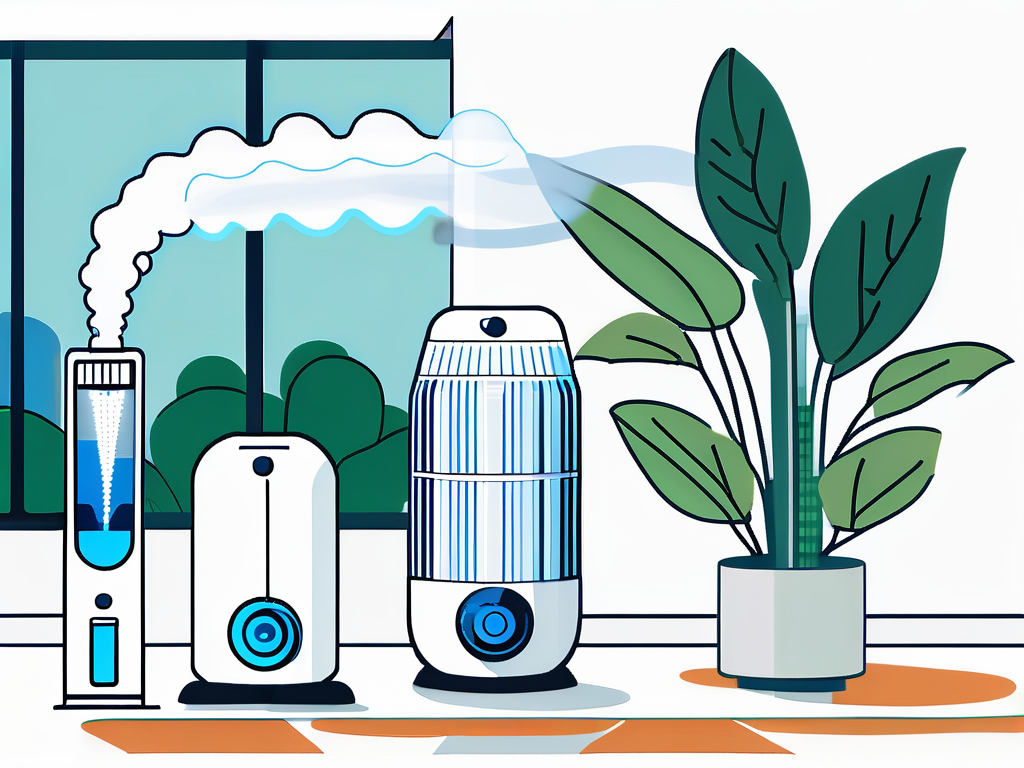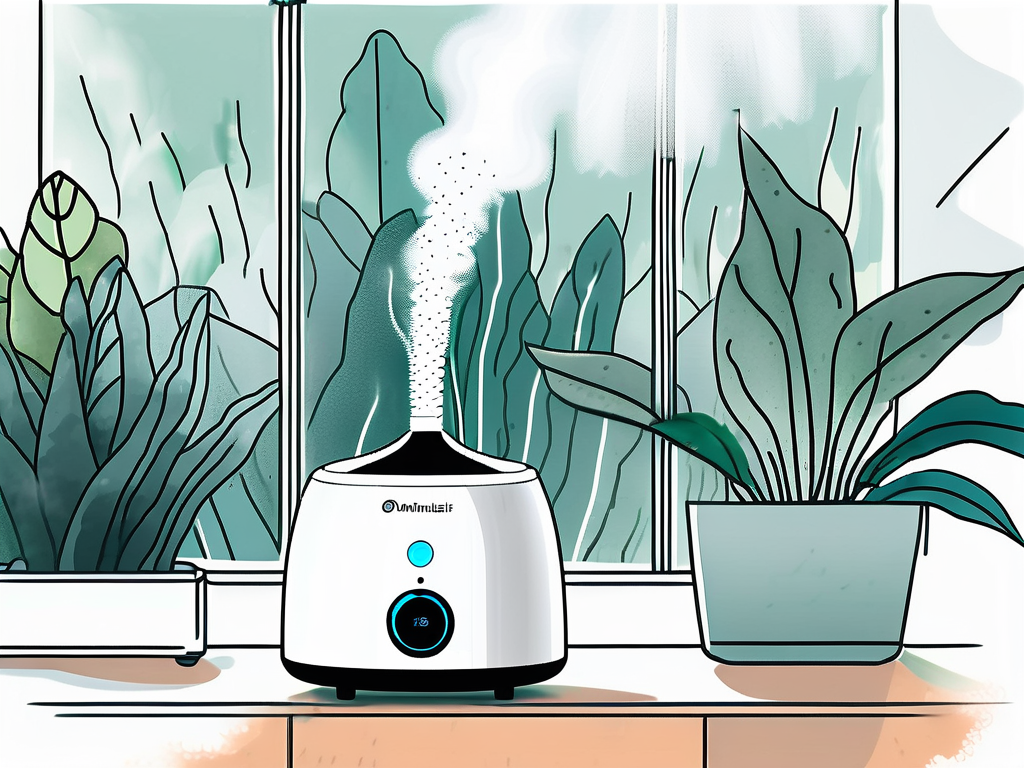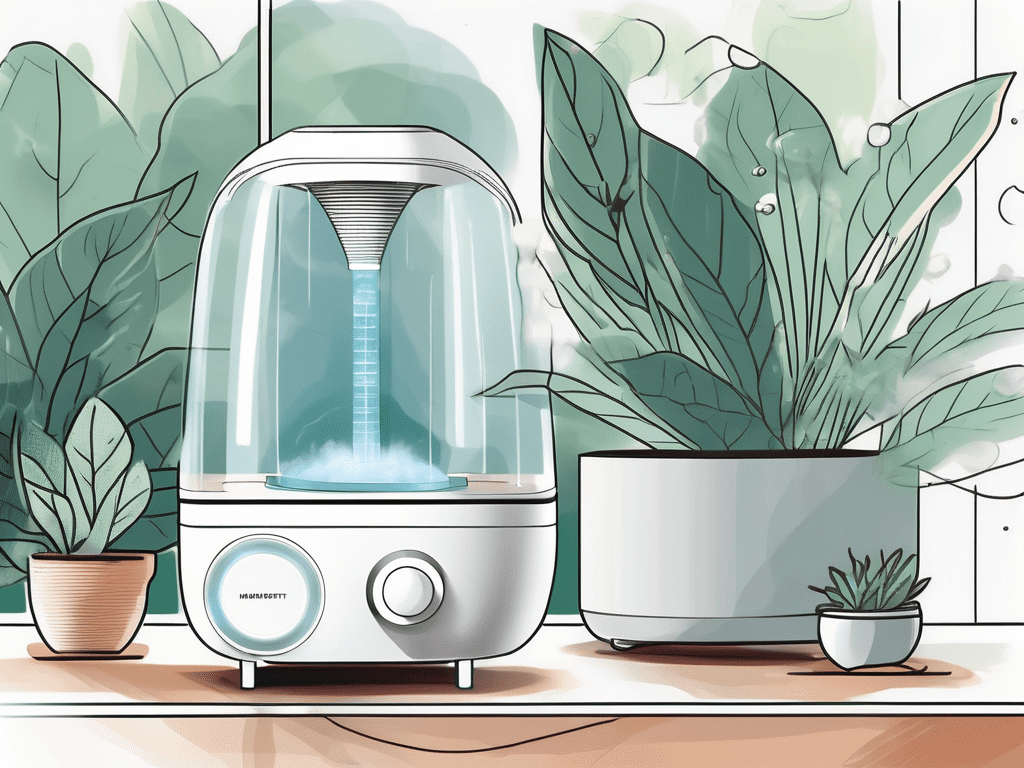Humidity control is an essential aspect of maintaining a comfortable and healthy indoor environment. One of the key devices used in humidity control is the impeller humidifier. This article delves into the intricate details of the impeller humidifier, its working mechanism, benefits, considerations, and much more.
Understanding the role of impeller humidifiers in humidity control requires a comprehensive grasp of the concept of humidity, the need for its control, and the various methods employed. This article aims to provide an in-depth understanding of these aspects.
Understanding Humidity
Humidity refers to the amount of water vapor present in the air. It is a crucial factor that influences both indoor and outdoor climates and has a significant impact on human comfort, health, and the efficiency of various appliances. The level of humidity can affect skin conditions, respiratory health, and the overall sense of comfort.

Humidity is typically expressed as a percentage, representing the amount of moisture in the air relative to the maximum amount the air could hold at the same temperature. This is known as relative humidity. When the air holds as much moisture as it can at a given temperature, it is said to be at 100% relative humidity.
Importance of Humidity Control
Controlling humidity is essential for several reasons. Firstly, it contributes to personal comfort. High humidity can make the air feel warmer than it actually is, leading to discomfort, while low humidity can cause dry skin and irritation. Secondly, it is critical for health reasons. High humidity levels can encourage the growth of mold, bacteria, and dust mites, which can lead to allergies and respiratory issues.
Lastly, humidity control is important for protecting property. Excessive humidity can damage building materials and furnishings, cause paint to peel, and promote the growth of mold. On the other hand, low humidity can cause wooden furniture and flooring to crack and warp. Therefore, maintaining an appropriate level of humidity is crucial.
Humidity Control Methods
There are several methods of controlling humidity, including natural ventilation, air conditioning, dehumidifiers, and humidifiers. Each method has its advantages and disadvantages, and the choice depends on various factors such as the climate, the size of the space, and specific needs.

Humidifiers are devices that increase the humidity level in a room or a building. They work by adding moisture to the air, thus increasing the relative humidity. There are several types of humidifiers, including evaporative, ultrasonic, and impeller humidifiers. This article focuses on impeller humidifiers.
Understanding Impeller Humidifiers
Impeller humidifiers, also known as cool mist humidifiers, work by using a rotating disk, or impeller, to fling water at a diffuser, which breaks the water into tiny droplets that float into the air as a mist. The mist is then dispersed into the room, increasing the humidity level. Because the water is not heated, the mist is cool, hence the name ‘cool mist humidifier’.
Impeller humidifiers are popular because they are relatively inexpensive, easy to use, and safe for children and pets since they do not use heat. However, they do require regular cleaning to prevent the growth of bacteria and mold in the water tank.
Benefits of Impeller Humidifiers
Impeller humidifiers offer several benefits. Firstly, they can help alleviate symptoms related to dry air, such as dry skin, dry throat, nose irritation, and dry cough. They can also help reduce snoring and can provide relief from allergy symptoms. Secondly, they can help preserve the integrity of wooden furniture and musical instruments, which can crack and warp in dry conditions.

Another benefit of impeller humidifiers is energy efficiency. Since they do not use heat to create humidity, they consume less energy than warm mist humidifiers. They are also quieter than other types of humidifiers, making them suitable for use in bedrooms and study areas.
Considerations When Using Impeller Humidifiers
While impeller humidifiers offer several benefits, there are also considerations to keep in mind. One of the main considerations is the quality of the water used. Since impeller humidifiers disperse water droplets directly into the air, any impurities in the water, such as minerals or bacteria, will also be dispersed. Therefore, it is recommended to use distilled or demineralized water in impeller humidifiers.
Another consideration is the humidity level. While increasing humidity can have benefits, it is important not to over-humidify, as this can lead to condensation on windows and other surfaces, promoting the growth of mold and mildew. Most experts recommend maintaining indoor humidity levels between 30% and 50%.
Maintenance of Impeller Humidifiers
Maintaining an impeller humidifier is crucial for its effective operation and longevity. Regular cleaning is necessary to prevent the growth of bacteria and mold in the water tank. The frequency of cleaning depends on the usage, but a general rule is to clean the humidifier at least once a week.
Cleaning involves emptying the water tank, rinsing it with warm water, and wiping it dry. For a more thorough cleaning, a solution of vinegar and water can be used to descale the tank. The exterior of the humidifier can be wiped with a damp cloth. It is important to follow the manufacturer’s instructions for cleaning and maintenance.
Replacing Parts
Over time, parts of the impeller humidifier may need to be replaced. The most common part that needs replacement is the filter, which traps minerals and impurities from the water. If the filter is not replaced regularly, it can become clogged and reduce the effectiveness of the humidifier.
Other parts that may need replacement include the impeller and the water tank. If these parts are damaged or worn out, they can affect the performance of the humidifier. It is recommended to use original parts from the manufacturer for replacements.
Conclusion
Impeller humidifiers play a crucial role in maintaining comfortable and healthy indoor humidity levels. They offer several benefits, including alleviating symptoms related to dry air, preserving wooden items, and energy efficiency. However, they require regular cleaning and maintenance to ensure their effective operation and longevity.
Understanding the working mechanism, benefits, and considerations of impeller humidifiers can help users make informed decisions about humidity control in their homes or workplaces. As with any device, it is important to follow the manufacturer’s instructions for use and maintenance.



